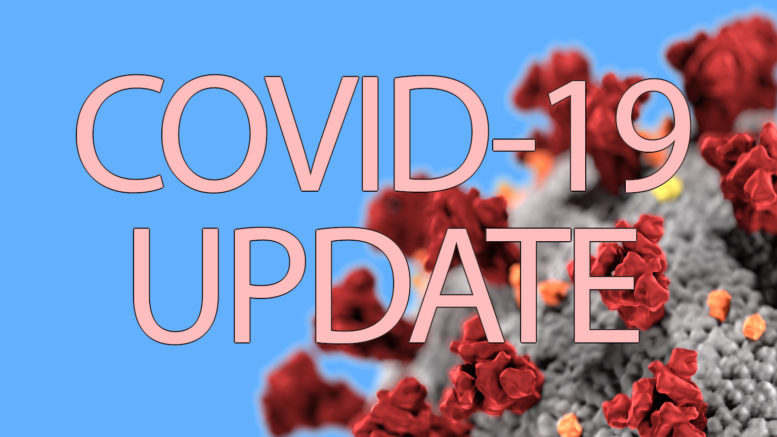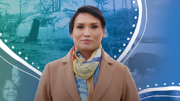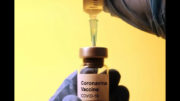by Jake Cardinal, Local Journalism Initiative Reporter
(ANNews) – In Alberta, there were 1,731 new cases of COVID-19 reported on Nov. 28, another record high — bringing the province to 14,931 active cases. Five more people have died, for a total of 524 deaths.
Alberta Premier Jason Kenney made his first public appearance since Nov. 12 on Tuesday Nov. 24, after quarantining due to a COVID-19 exposure for the second time, to announce that the province is once again under a state of public health emergency. Among these new restrictions, it was also revealed that there are recordings of meetings between the Albertan Government and Alberta’s Chief Medical Officer, Deena Hinshaw, that outlined the tension happening within the provincial government – with the Government over-ruling some of the Doctor’s advice.
Some of the new restrictions include:
- No indoor social gatherings allowed in any setting (private homes, public spaces or workplaces).
- Outdoor social gatherings are limited to 10 people.
- Beginning Nov. 30, all students in Grades 7-12 will immediately move to online learning until they begin their winter break.
- Maximum of 10 people for wedding ceremonies or funeral services.
- Faith-based groups can operate with mandatory reduced capacity, of one-third of the building’s occupancy. Mask use is mandatory.
- All businesses are encouraged to have employees work from home as much as possible.
- Businesses that must close include banquet halls, conference centres, trade shows, auditoriums and concert venues, community centres, children’s play places and indoor playgrounds. Sports are also included in this category.
- Restaurants, bars, pubs and lounges will be open.
- Businesses that can remain open with restrictions include most retail businesses, with capacity limited to 25 per cent of fire code occupancy. That includes liquor and cannabis shops, grocery stores, pharmacies, clothing stores, computer and technology stores, hardware, automotive and approved farmers and seasonal markets. Also included are movie theatres, museums and galleries, libraries, casinos (though table games must close) and indoor entertainment centres.
The Alberta Assembly of First Nations (AFN) released some information regarding how COVID is affecting Indigenous populations in Alberta specifically. AFN said in a statement that there have been 50,801 cases in Alberta, with Indigenous peoples facing 1965 cases. They also noted that the average age of death for Indigenous peoples within the province is 65.
Alberta Assembly of First Nations Regional Chief, Marlene Poitras, gave an update on the second-wave of the virus by stating, “When the Spanish flu hit our shores in 1918, it decimated Indigenous populations. Our ancestors had horrific experiences with infections of contact, including small pox and influenza. The Spanish flu epidemic lasted for three years.
“We recognize the millions of lives that have been lost due to global pandemics. There have been other flu pandemics including most recently the swine flu pandemic in 2009. After H1N1, we learned a lot about what gaps exist in First Nation communities that limit our ability to prevent the spread of coronaviruses. Our advocacy, nationally and regionally, has been focused on addressing the gaps and underlying factors which contribute to greater negative outcomes.”
“Now we are more educated about COVID-19 and most of us understand what we can do to protect ourselves and our families,” concluded Regional Chief Poitras.
“As Canada and countries around the world races to find a cure for COVIOD-19, we must do what we can to avoid spreading the disease, including staying home and staying safe. This is much more urgent given that we now know that many carriers are asymptomatic.”






Be the first to comment on "Premier declares Alberta is in a public health emergency"